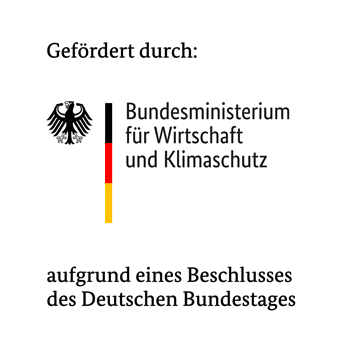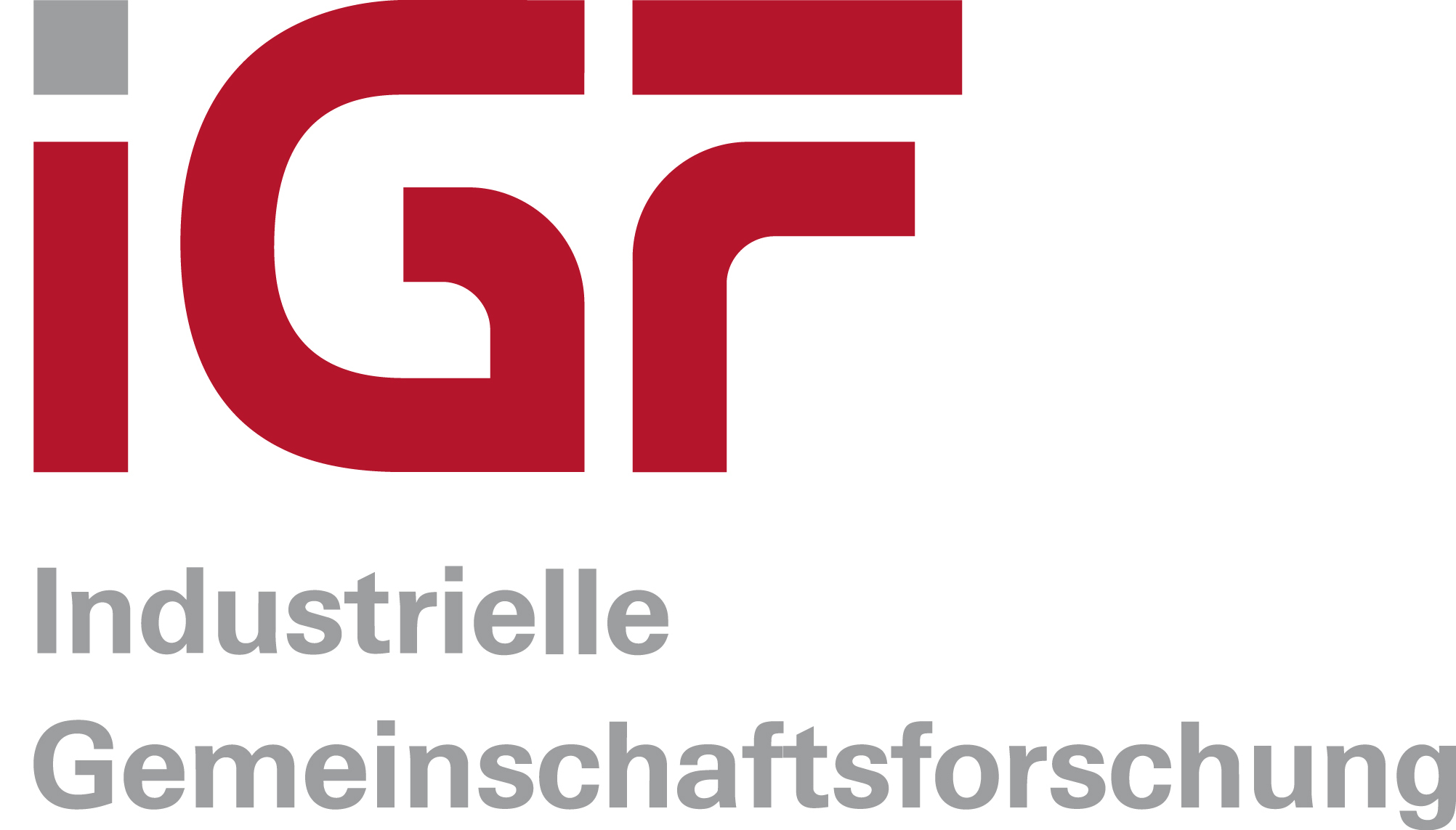Deposit formation plays a role in the operation of fuel oil burners in industry and private households, emergency power systems and in vehicles. In components, it can lead to malfunctions in operation and to failures. Even if the replacement of oil-fired heating systems is pushed, millions of units will still be in operation in the coming decades. A significant challenge in this context is climate protection, and the use of alternative fuels can contribute to this. At the same time, it is essential to ensure operational reliability and trouble-free operation.
Project start: Ageing prevention in paraffinic heating oils
The diversification of the fuel components available on the market gives rise to mixing effects and new material interactions. Both different solubilities of aging products in the various components play an increasingly important role, as do the properties in connection with sealing materials, tank materials and other surfaces in installed parts of heating systems and engines. While there are now many approaches to describing deposit formation and aging processes, such as oxidation via peroxides and polymerization of double bonds, there is still no precise breakdown of the groups of substances involved and the exact conditions under which deposits form. Especially in connection with new paraffinic products, new effects may arise here that can further influence deposit formation.
BMWK funds research on deposit prevention of e-fuels

In order to determine causes and find approaches to avoidance, the BMWK is funding the research project "Avoidance of aging products and deposits of e-fuels as drop-in components in heating oil in components of burner systems in application technology test rigs" as of March 1, 2023. The project will focus on paraffinic products derived from Fischer-Tropsch synthesis and blends of such products with mineral oil-based heating oils.
The prevention of deposits by chemical changes of the products via additives will be a focus of the work. To this end, deposits will be generated and examined in various burner components. The materials of the components, temperatures and mixing ratios of the blends used are important here. Different components with the same function will be examined for the different materials and geometries (including brass and steel nozzles, different filter materials). Then additives are used, solution properties are analyzed as well as the effectiveness in preventing the deposits. Detailed analysis (TGA, DSC, GC, IR, NMR) will be used in order to be able to take targeted action against the formation of deposits.
Research Centres
OWI - Science for Fuels gGmbH, Herzogenrath
Institute for Technical and Macromolecular Chemistry RWTH Aachen University
Together goes more
Project 839, which was initiated by the members of the DGMK Fuels Expert Committee, will run for 2.5 years and will be supported by a cross-sectoral group of experts. Representatives of the energy and additives industry, suppliers of heating systems, burners and components, experts from analytics and development service managers are involved.
The IGF project (22790 N) of the research association Deutsche Wissenschaftliche Gesellschaft für nachhaltige Energieträger, Mobilität und Kohlenstoffkreisläufe e.V., Große Elbstraße 131, 22767 Hamburg, Germany, is funded by the German Federal Ministry of Economics and Climate Protection through the German Federation of Industrial Research Associations (AiF) as part of the program for the promotion of joint industrial research (IGF) based on a resolution of the German Bundestag.
